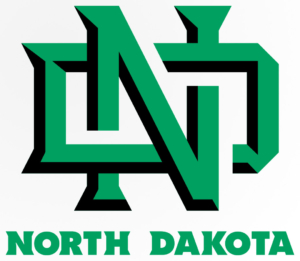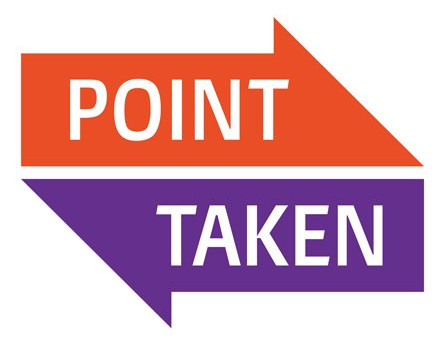Institute’s Civility Definition in The Grand Forks Herald
Using the Institute’s language of civility, an opinion piece this week at The Grand Forks Herald takes on the ongoing mascot controversy at the University of North Dakota.
In 2012, the North Dakota Board of Higher Education ordered the university to replace its former nickname and mascot – The Fighting Sioux – with an alternative that conforms to NCAA rules prohibiting the use of Native American mascots, nicknames and imagery in their intercollegiate athletic programs.
As per the Board of Higher Education’s directive, the university has been without a mascot for three years. And now in 2015, as the university endeavors to choose a new mascot, the process has been fraught.

The furor, writes Korrie Wenzel, author of the article in question, recently reached its zenith, flamed by news that the nickname committee had decided to move forward with several nickname choices. It has suggested the Fighting Hawks, Nodaks, North Stars, Roughriders and Sundogs. In the wake of a backlash, the committee reversed those recommendations. And both the recommendations and the reversal, Wenzel writes, make us realize this issue may become more venomous in the coming weeks and months.
Facebook comments on one recent article about the debate had to be removed due to profanity or general name-calling. Several comments resorted to insulting the writer. And according to Wenzel, one reader canceled his Herald subscription, even though an opinion column representing the other point of view appeared on the same page.
The solution, writes Korrie Wenzel, lies in civility. In his article, he includes the Institute’s definition of the concept. That:
Civility is claiming and caring for one’s identity, needs and beliefs without degrading someone else’s in the process.
And then he quotes the Institute’s explanation of the definition at length:
Civility is about more than just politeness, although politeness is a necessary first step. It is about disagreeing without disrespect, seeking common ground as a starting point for dialogue about differences, listening past one’s preconceptions, and teaching others to do the same. Civility is the hard work of staying present even with those with whom we have deep-rooted and fierce disagreements. It is political in the sense that it is a necessary prerequisite for civic action. But it is political, too, in the sense that it is about negotiating interpersonal power such that everyone’s voice is heard and nobody’s is ignored.
Wenzel writes that civility in this sense is a sound concept in the context of the mascot controversy, and that it’s particularly important to to remember this as we hear the nasty comments that arise.
He laments the idea that North Dakotans are airing their dirty laundry in public, and tarnishing their reputation for being North Dakota Nice.
And he says that while vigorous debate is important – while it is key to coming to a sound conclusion on the mascot issue – it must be done respectfully. We urge civility and respect, writes Korrie Wenzel. We urge some sense of decorum. We can be so much better than this.


Kathleen Riley Goeppinger liked this on Facebook.
Sheryl Tuttle liked this on Facebook.
Ruth Day Helgerud liked this on Facebook.